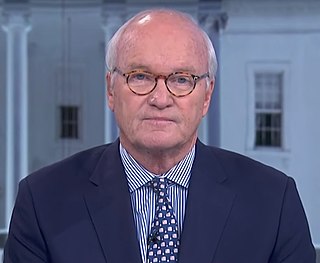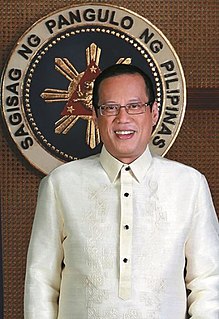A Quote by Samuel Taylor Coleridge
Let every book-worm, when in any fragrant, scarce old tome, he discovers a sentence, a story, an illustration, that does his heart good, hasten to give it the widest circulation that newspapers and magazines, penny and halfpenny, can afford.
Related Quotes
Comics are not illustration, any more than fiction is copywriting. Illustration is essentially the application of artistic technique or style to suit a commercial or ancillary purpose; not that cartooning can't be this (see any restaurant giveaway comic book or superhero media property as an example), but comics written and produced by a cartoonist sitting alone by him- or herself are not illustrations. They don't illustrate anything at all, they literally tell a story.
You have certainly observed the curious fact that a given word which is perfectly clear when you hear it or use it in everyday language, and which does not give rise to any difficulty when it is engaged in the rapid movement of an ordinary sentence becomes magically embarrassing, introduces a strange resistance, frustrates any effort at definition as soon as you take it out of circulation to examine it separately and look for its meaning after taking away its instantaneous function.
I was always aware, reading Chesterton, that there was someone writing this who rejoiced in words, who deployed them on the page as an artist deploys his paints upon his palette. Behind every Chesterton sentence there was someone painting with words, and it seemed to me that at the end of any particularly good sentence or any perfectly-put paradox, you could hear the author, somewhere behind the scenes, giggling with delight.
A good laugh is a mighty good thing, and rather too scarce a good thing; the more's the pity. So, if any one man, in his own proper person, afford stuff for a good joke to anybody, let him not be backward, but let him cheerfully allow himself to spend and be spent in that way. And the man that has anything bountifully laughable about him, be sure there is more in that man than you perhaps think for.
Writing is linear and sequential; Sentence B must follow Sentence A, and Sentence C must follow Sentence B, and eventually you get to Sentence Z. The hard part of writing isn't the writing; it's the thinking. You can solve most of your writing problems if you stop after every sentence and ask: What does the reader need to know next?







































